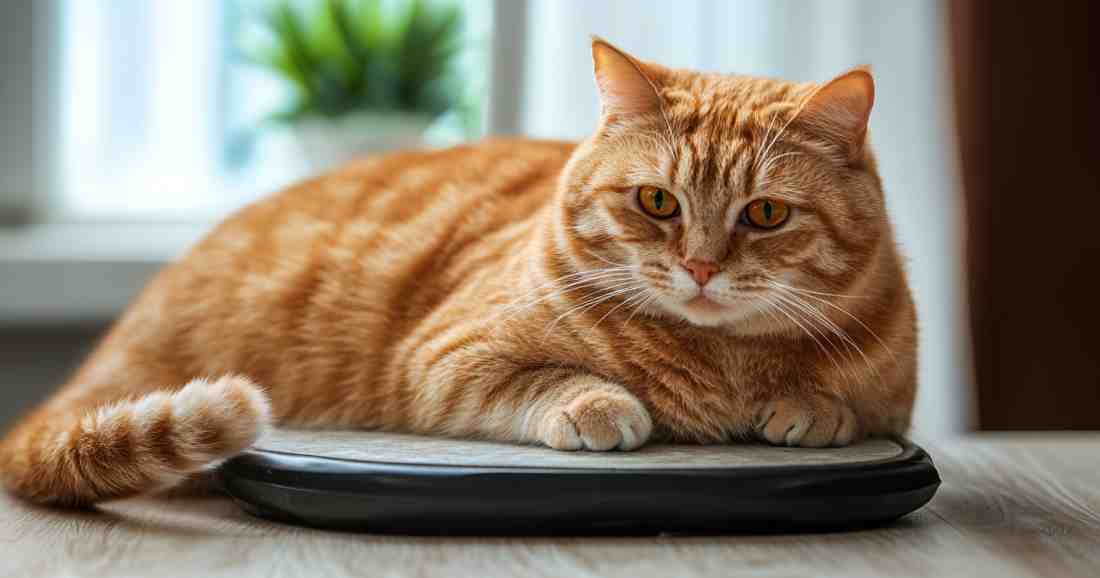
Is My Cat Overweight Quiz Find Out If Your Feline Needs a Healthier Lifestyle! Maintaining a healthy weight is crucial for a cat’s long-term well-being. Excess weight can lead to serious health problems, including diabetes, arthritis, and heart disease. While some cats naturally have a larger frame, others may carry extra pounds due to overfeeding or lack of exercise. If you’re unsure whether your feline friend is at a healthy weight, this Is My Cat Overweight Quiz will help you determine their condition!
An ideal feline physique includes a visible waist when viewed from above and a slight tuck behind the ribs. A healthy cat should have a thin layer of fat over the ribs, but they should still be easy to feel with gentle pressure. If the ribs are difficult to detect or the belly appears rounded when viewed from the side, weight gain may be a concern.
Let’s Begin To Explore the Is My Cat Overweight Quiz Below
How to Tell If Your Cat Is Overweight
Activity levels also play a role in maintaining a healthy weight. Lethargy, reduced interest in play, and difficulty jumping onto furniture may indicate excess weight affecting mobility. Unexplained weight gain, despite a normal diet, could signal underlying health issues requiring veterinary attention.
Common Signs of an Overweight Cat
🐱 No Visible Waistline – A healthy cat has a noticeable waist when viewed from above.
🐱 Difficulty Feeling the Ribs – A thick layer of fat may make it hard to detect bones beneath the skin.
🐱 Reduced Energy Levels – Cats that sleep excessively or avoid exercise may struggle with extra weight.
🐱 Labored Breathing After Mild Activity – Heavy panting or exhaustion after short bursts of movement can indicate excess weight.
🐱 Trouble Jumping – Difficulty reaching high places may suggest mobility issues caused by additional pounds.
Why a Healthy Weight Matters for Cats
Preventing cat obesity reduces the risk of serious illnesses. Excess weight strains joints, increasing the likelihood of arthritis and other mobility problems. Oveoverweightrweight cats are also more prone to diabetes, liver disease, and respiratory issues. Managing portion sizes, engaging in regular play, and choosing high-quality nutrition help maintain an ideal weight.
Are You Ready to Take the Is My Cat Overweight Quiz?
Curious whether your cat’s weight is within a healthy range? Whether you’re trying to prevent weight gain or improve your pet’s health, this Is My Cat Overweight Quiz will help you assess their condition.
Think your feline might need a diet change? Take the quiz now and find out! 🐱⚖️
